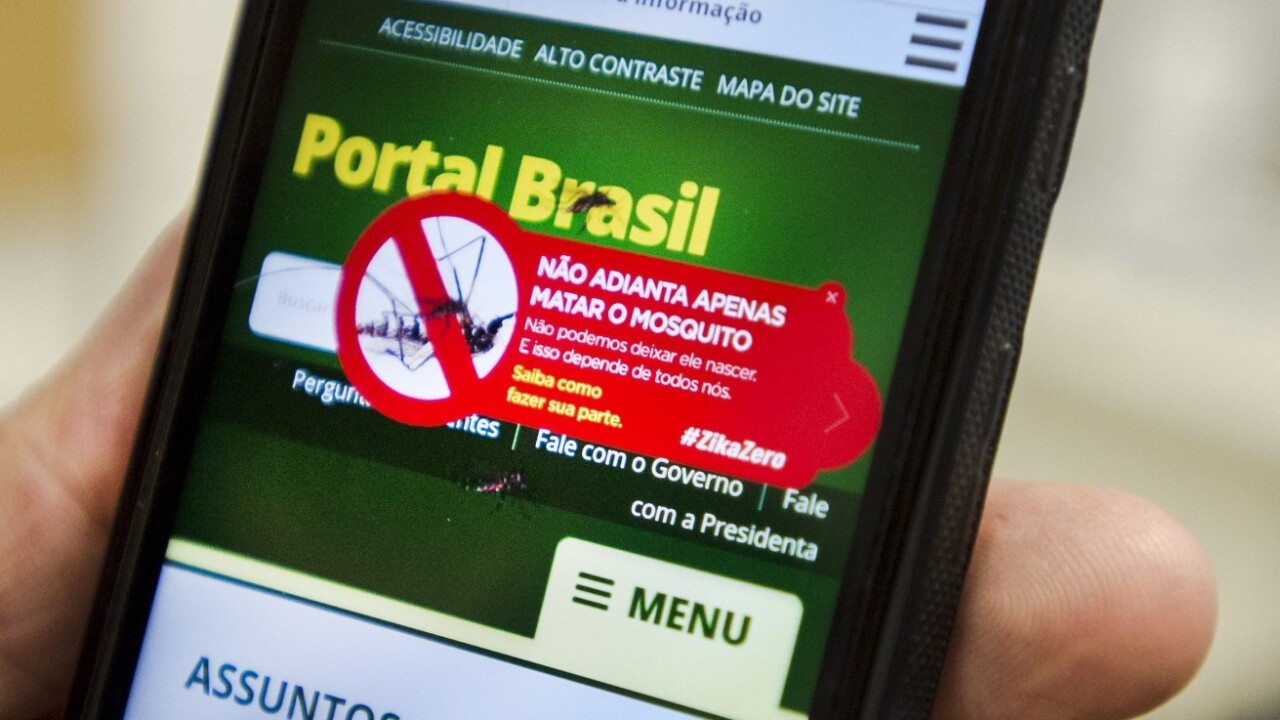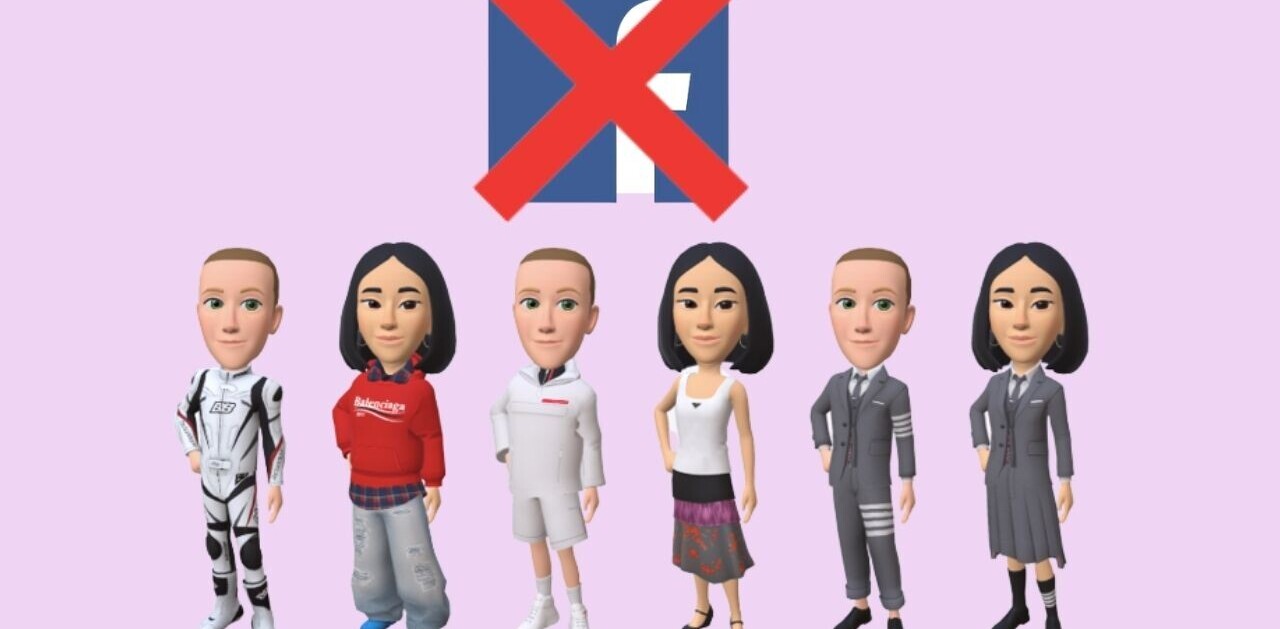
Despite being a short month, February brought its fair share of deals in Latin America’s tech scene, including quite a few acquisitions and funding rounds. Here’s the news you don’t want to miss:
Big players
Google made several announcements regarding its Latin American operations including opening applications for the second edition of its Launchpad accelerator program in Brazil, India and Indonesia. Google is currently supporting eight Brazilian startups as part of its pilot batch, and it will be ready to welcome new ones in June.
The company also announced that its Social Impact Challenge would have a second edition, in which its philanthropic arm Google.org will grant a total of R$10 million in funding (around $2.7 million USD) to 10 Brazilian NGOs across Brazil (there will be two finalists in each major region).
Additionally, Google invited vloggers from Mexico, Brazil and Ecuador to visit its YouTube Pop-Up Space in Mexico and network between themselves. They were greeted with a “Creator Day” to learn more about YouTube and community building, followed by several workshops over the next few days.
On a less positive note, Google announced that the inauguration of its São Paulo Campus would be delayed sine die. In a blog post, its future director André Barrence referred to “setbacks” but concluded his note by reassuring readers that “Campus São Paulo is coming.” It will be Google’s sixth Campus around the world.
Meanwhile, the Brazilian division of Telefónica’s accelerator Wayra moved offices in São Paulo, Startupi reported. The new space is located in Telefónica’s central building, which also reflects the Spanish telco’s vision for Wayra, which is now part of its Open Future initiatives.
Wayra’s former director Carlos Pessoa has also been replaced by Renato Valente. Before becoming Open Future’s country manager in Brazil, Valente participated in Wayra with his own startup, Ocapi, followed by a stint at Start-Up Brasil. He will also be in charge of opening a new “pre-acceleration” space for entrepeneurs in the state of Minas Gerais, as part of a partnership between Telefónica and the National Institute of Telecommunications (INATEL).
Moving on to Facebook: the company’s Connectivity Lab introduced AI-enabled maps that will provide useful information to bring Internet connection to offline populations. 20 countries are currently being mapped, including Mexico.
Facebook also partnered with NGO Abrasco to spread awareness of the Zika virus, especially among pregnant women. The campaign comes in addition to the offline and online actions by Brazil’s public authorities to try to halt the disease. Facebook’s joint initiative includes an educational video which Mark Zuckerberg shared on his page:

As for Facebook-owned Whatsapp, which recently crossed the milestone of one billion users, it announced that it had increased its group chat limit to 256 users. On the other hand, it will cease support for several operating systems by the end of 2016. These include BlackBerry, Nokia S40, Nokia Symbian S60, Android 2.1, Android 2.2 and Windows Phone 7.1, VentureBeat reported.
M&A
Just Eat made a $140 million deal with German company builder Rocket Internet and its portfolio company foodpanda to acquire its food delivery properties in Brazil, Mexico, Italy and Spain. According to Rocket Internet, Hellofood Brazil and Hellofood Mexico accounted for less than five percent of Foodpanda’s revenues in 2015.
Meanwhile, fellow Brazilian food delivery company iFood acquired local player Devorando, which will help it expand its reach in Southern Brazil. The deal’s amount wasn’t disclosed. As you may remember, iFood merged with Just Eat’s RestauranteWeb in 2014, becoming a joint venture between its own founders, Just Eat and Brazilian group Movile, which is itself backed by South Africa’s Naspers.
E-commerce heavyweight MercadoLibre acquired two startups last month: mobile app development studio Monits and online payments venture Mango, which had raised funding from French VC firm Kima Ventures and business angels. Both acquisitions are likely meant to help MercadoLibre improve its platform. El País recently nicknamed the company the “eBay from the Pampas” due to its Argentine origins, although it has since then expanded into many Latin American countries, from Mexico and Brazil to Colombia and Chile.
Still in the online payments space, Brazil’s Moip Pagamentos was acquired by German group Wirecard for R$165 million (around $43.4 million USD). Moip was created in Belo Horizonte eight years ago before moving to São Paulo in 2009, where its staff grew to 180 employees. Its acquisition gives an exit to VC firm IdeiasNet, which was a majority shareholder, while marking Wirecard’s entry into Latin America.
Wirecard’s CEO Wirecard CEO commented on the above deal: “With our entry into the Brazilian market we are continuing our global expansion. As of now, it will also enable us to roll out our payment and issuing product lines in Latin America. The highly automated and efficient solutions for the SMB market were what convinced us about Moip”.
Brazil-born global IT firm Stefanini acquired Sysman, a 28-year-old Colombian firm that creates government-focused ERP solutions and will now be known as Stefanini Sysman. The deal is part of Stefanini’s expansion strategy, which will involve several acquisitions in Latin America throughout 2016. According to Stefanini, it reflects its interest for Sysman’s growth but also for Colombia’s, one of the strongest economies in the region.
Colombian incubator Espacio acquired Spanish-language online tech news publication SocialGeek, which boasts 320k Facebook fans. Espacio is the brainchild of TNW contributor Conrad Egusa; it started out as a co-working space before shifting focus to its own companies in the media space, including Egusa’s PR firm Publicize. Its goal is to create “the first $100M startup headquartered in Medellin.”

Brazilian digital marketing firm Search Optics acquired classifieds automation service provider Repplica, Startupi reported. Both companies focused solely on the automotive industry. This deal will help Search Optics expand its reach throughout the country while offering its clients a wider range of services, including lead generation.
Finally, a deal that took place in January but is still worth mentioning: Colombian investment firm Evolvere Capital acquired hibu LatAm, the Latin American division of the Yellow Pages publisher formerly known as Yell. The deal’s goal to reinforce Evolvere-owned multimedia ad group Publicar Publicidad and help it gain presence in Argentina, Chile and Peru, where hibu had been publishing ‘Páginas Amarillas’ directories.
Funding rounds
Rocket Internet’s real estate portal Lamudi raised $31.4 million USD in new investment for its Asia and Latin America division. The round is backed by current investor Tengelmann Ventures as well as Holtzbrinck Ventures and Asia Pacific Internet Group (APACIG), which is itself a joint venture between Rocket and Qatari telco Ooredoo.
Brazilian big data and IoT player WebRadar closed a R$40 million funding round (around $10.5 million USD) from Qualcomm Ventures and DGF Investimentos, which became minority stakeholders. WebRadar’s was already backed by Citrix and Intel Capital. “From this round of investments on, WebRadar has as stockholders three strategic investors (Intel, Citrix and Qualcomm) with international prestige in the technology sector, as well as a well-known financial investor in Brazil (DGF Investimentos),” the company noted, adding that this new capital will “support its global expansion and product development strategies.”
Brazilian real estate marketplace QuintoAndar raised a $7 million Series A round led by Kaszek Ventures with participation from angel investors. QuintoAndar’s main innovation is to help tenants sign a lease even if they don’t have a guarantor in the same city. This is usually a requirement in Brazil, unless tenants get an insurance contract – the cost of which QuintoAndar is now covering for its users. QuintoAndar currently operates in São Paulo and Campinas, but other major Brazilian cities should soon follow.

Brazilian gamified edtech startup Joy Street received an investment of R$2.5 million (around $660k USD) from Criatec II, a public-private fund managed by venture firm Bozano Investimentos on behalf of the Brazilian Bank for Economic and Social Development (BNDES). According to BitBlog, the startup plans to use this funding beyond the state of Pernambuco, where it is based in Recife’s Porto Digital (see our previous story).
Tech accelerator Venture Hive selected 10 startups to join its fourth Miami-based class. The list includes one company from Ecuador, Datil, as well as three Argentina-based companies: Asombro Extremo Digital, Wayniloans and Webee. Each of them will receive $25k in seed funding and other acceleration services.
Expansions
IBM partnered with GBM Costa Rica’s newly created subsidiary Cognitiva to bring its cognitive computing engine Watson to Latin America. The new company will use Costa Rica as its main base to serve the needs of 23 Spanish-speaking countries where it will establish hubs, an effort in which it will invest “tens of millions of dollars over the next two years.”
Costa Rica is also the country chosen by Uber to set up a new service center. According to Nearshore Americas, it “will hire as many as 300 people over the coming months, providing support service for its drivers as well as customers across Latin America.” In addition, Uber cleared some legal hurdles in the Brazilian state of São Paulo, where it also expanded into a new city, Campinas. As ZDNet spotted through job ads, the Northern city of Recife could soon follow:

Polish ad tech company RTB House opened offices in São Paulo as part of its expansion plans into Brazil, Argentina, Chile and Mexico. RTB specializes in programmatic display ads, and hopes to sell retargeting solutions to e-commerce players in the Latin American region, following its earlier expansion into Asia.
Argentine meal-kit delivery startup Buenchef landed into Mexico, with plans to expand into Colombia by the end of 2016. Buenchef is led by entrepreneurs Tomas and Hernan Manzitti, whose previous food delivery startup Sinimanes had merged with Mexican competitor SeMeAntoja, acquired by Delivery Hero in 2014.
Good reads from across the Web:
- Amazon made in Argentina [La Nación, in Spanish]
- Balance de Telefónica Open Future en el año 2015 [Loogic, in Spanish]
- Brazil e-commerce prepares for a tough year [ZDNet]
- Digital journalism growing in Latin America, but financial sustainability still a challenge [Knight Center]
- EU and Brazil to jointly develop 5G mobile technology [TelecomPaper]
- iOS fechou 2015 com apenas 2,8% de mercado no Brasil; Android dominou com 91,8% [MacMagazine, in Portuguese]
- It sure looks like Elon Musk is now doing security in Brazil [Autoblog]
- Ivy League Grads Take On Lenders Charging 139% Rates in Mexico [Bloomberg]
- Parallel 18: The Start-Up Chile of Puerto Rico? [Nearshore Americas]
- Startups brasileiras driblam crise e aceleram ritmo de crescimento [Estadão, in Portuguese]
- The Most Innovative Companies of 2016 – Latin America [FastCompany]
Read next: There’s a match to watch in Brazil and it’s not the Olympics
Image credit: Marcelo Camargo/Agência Brasil
Get the TNW newsletter
Get the most important tech news in your inbox each week.




